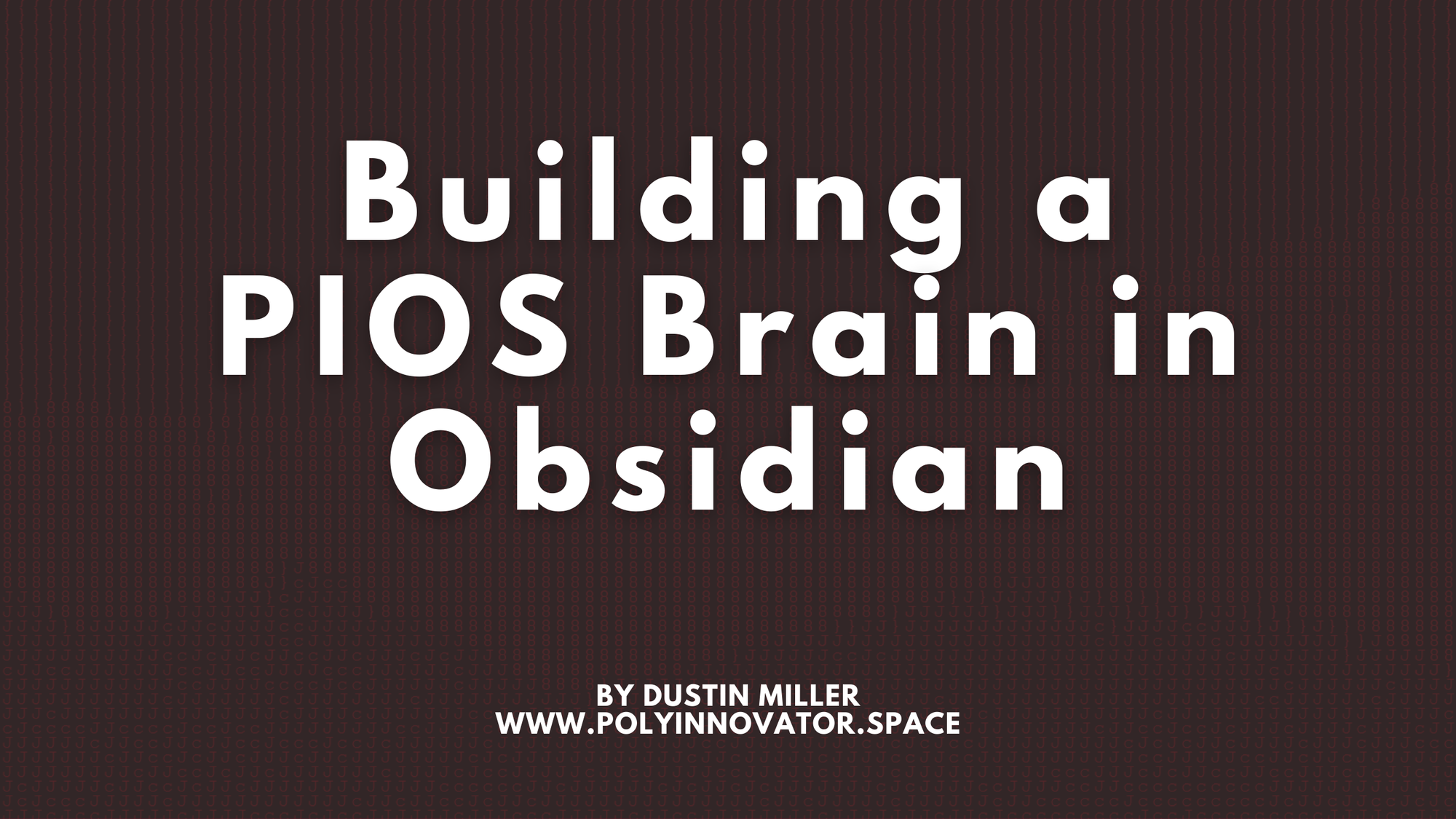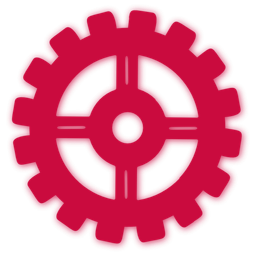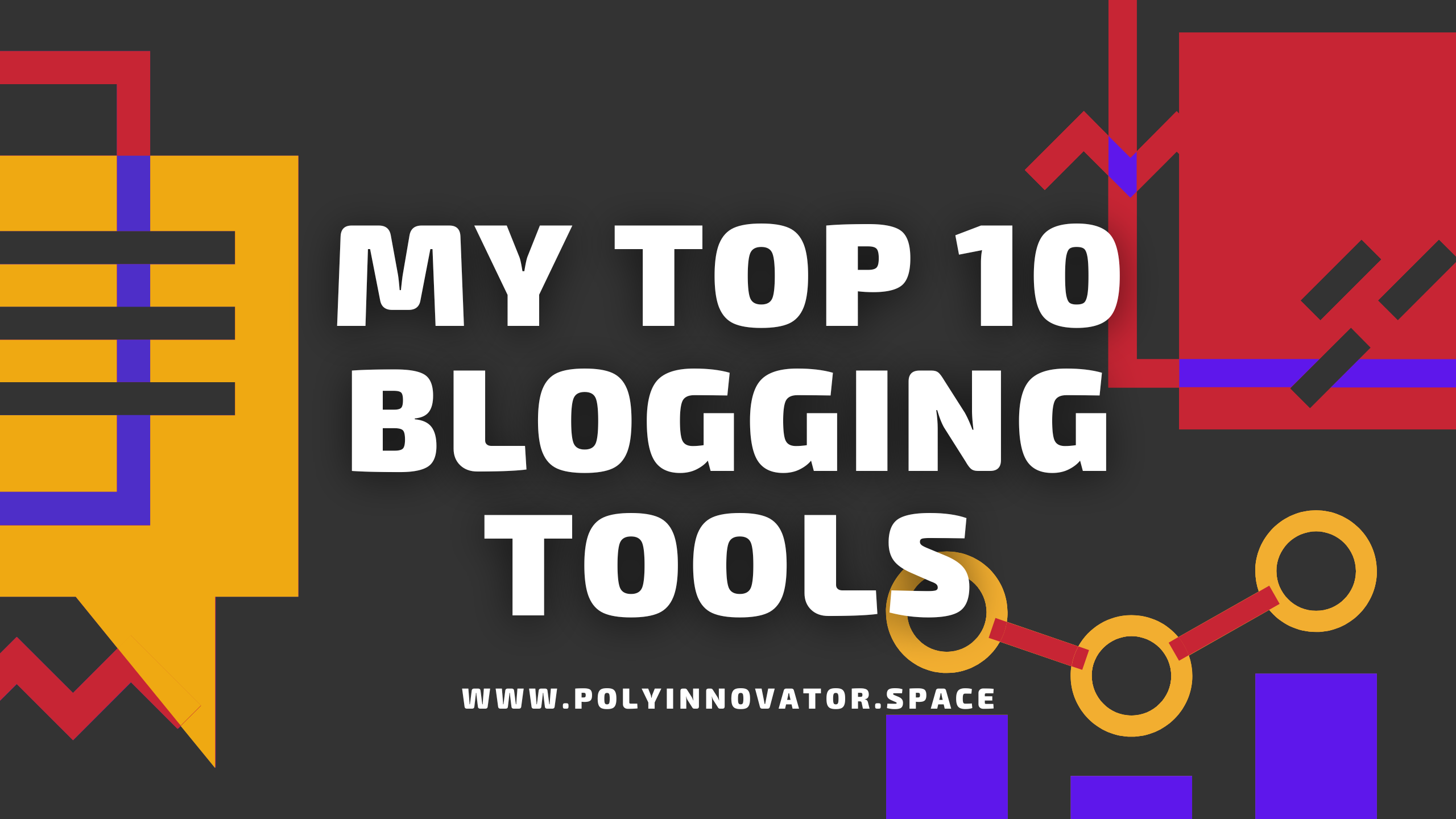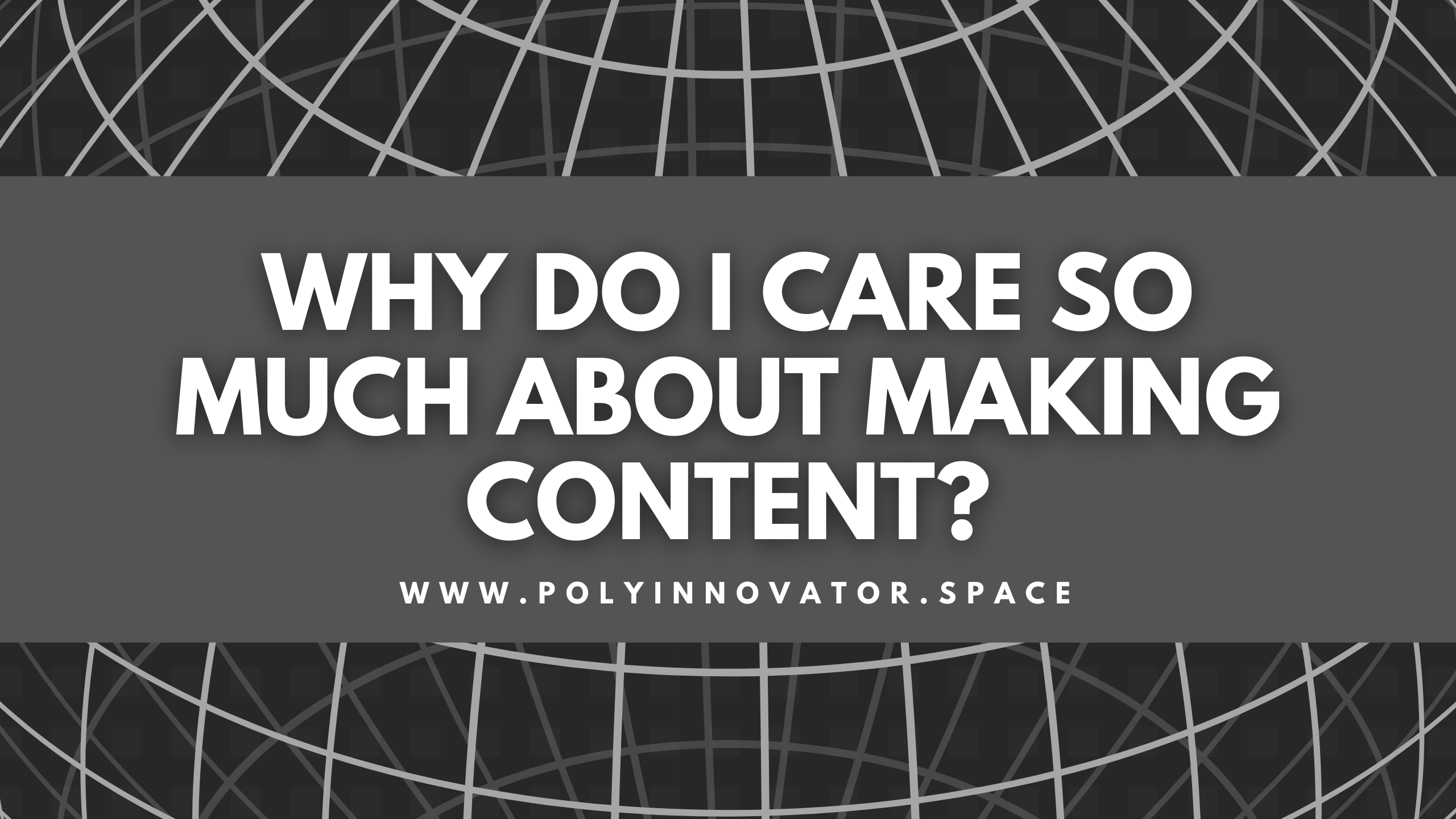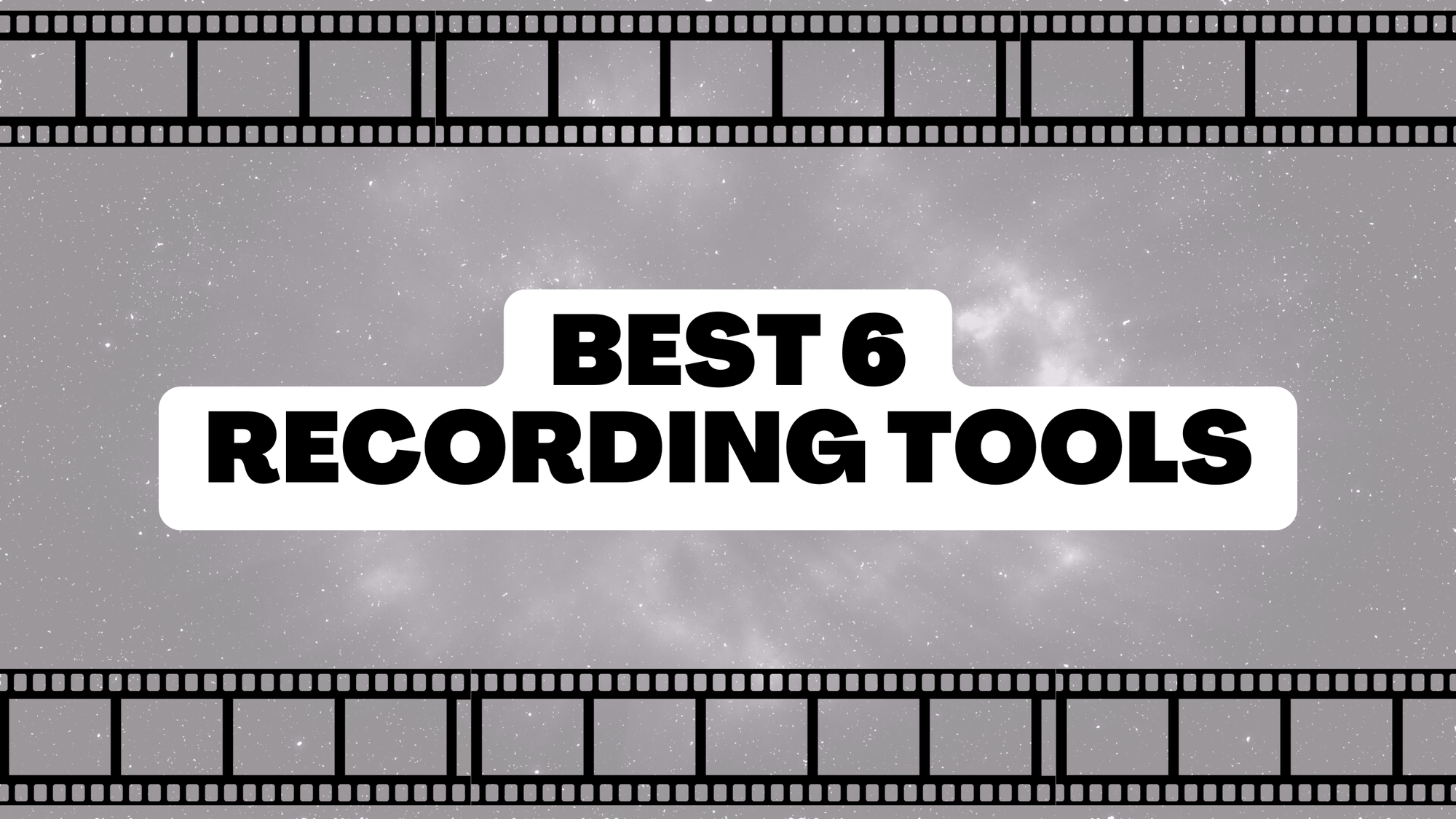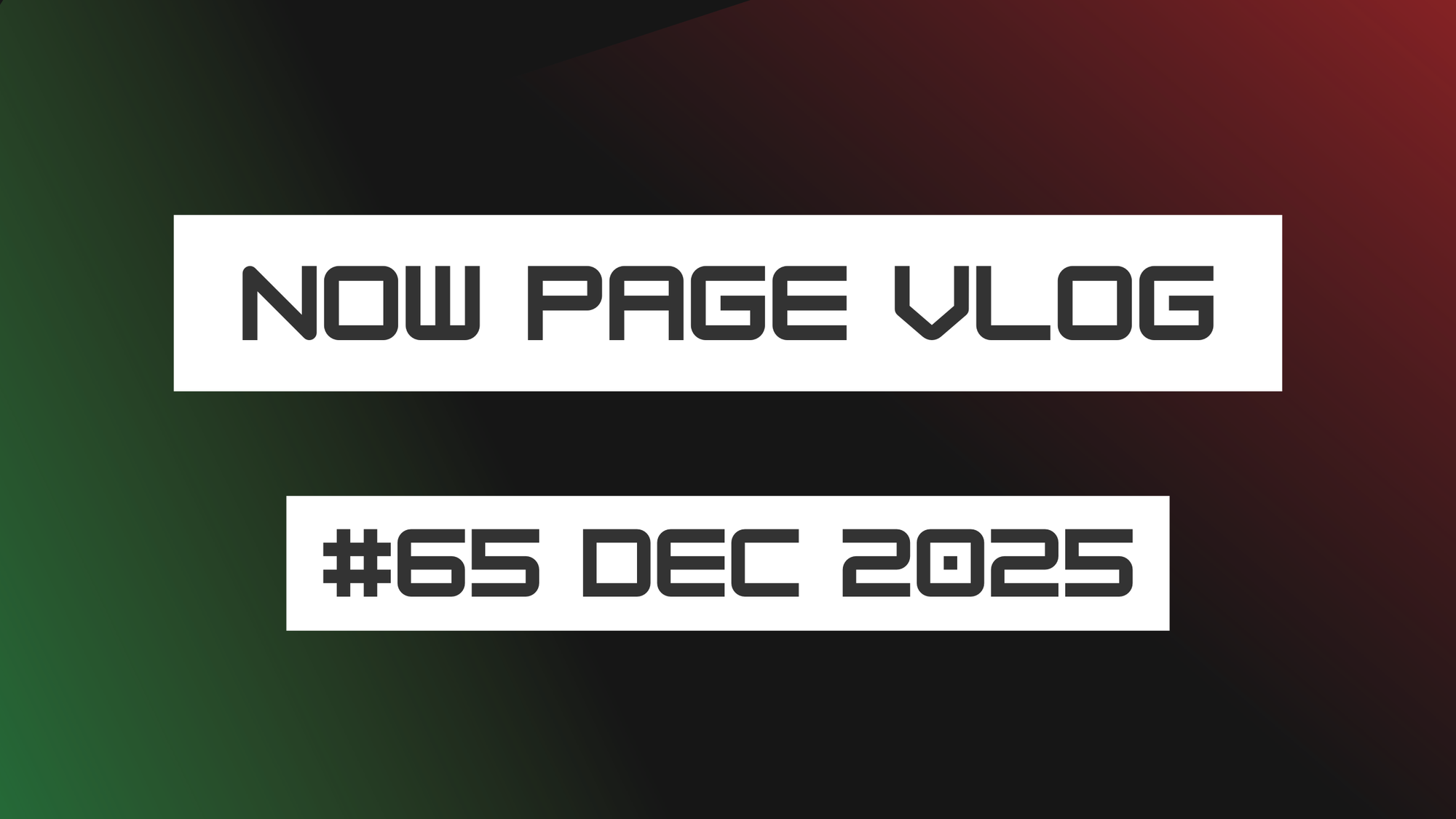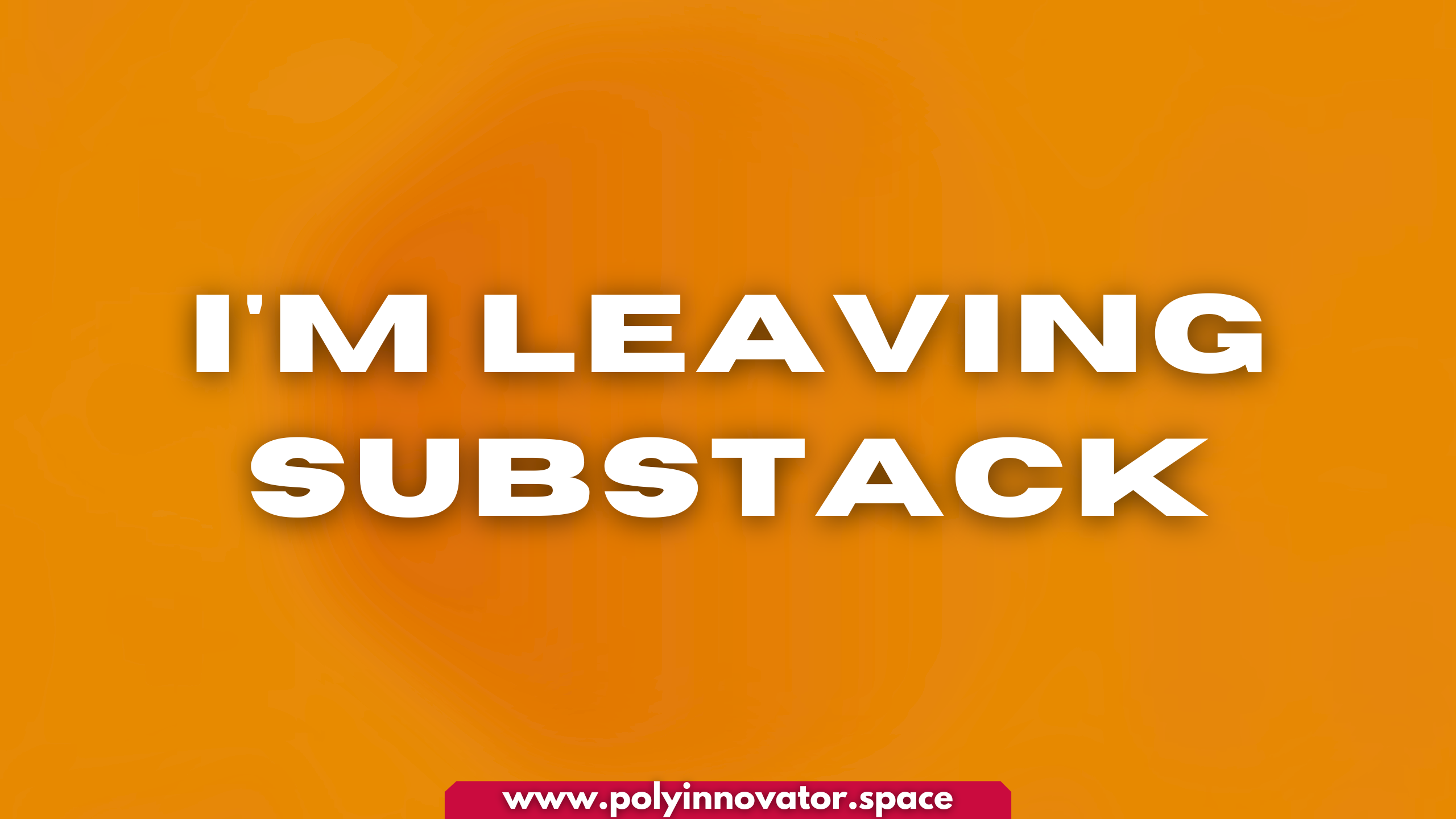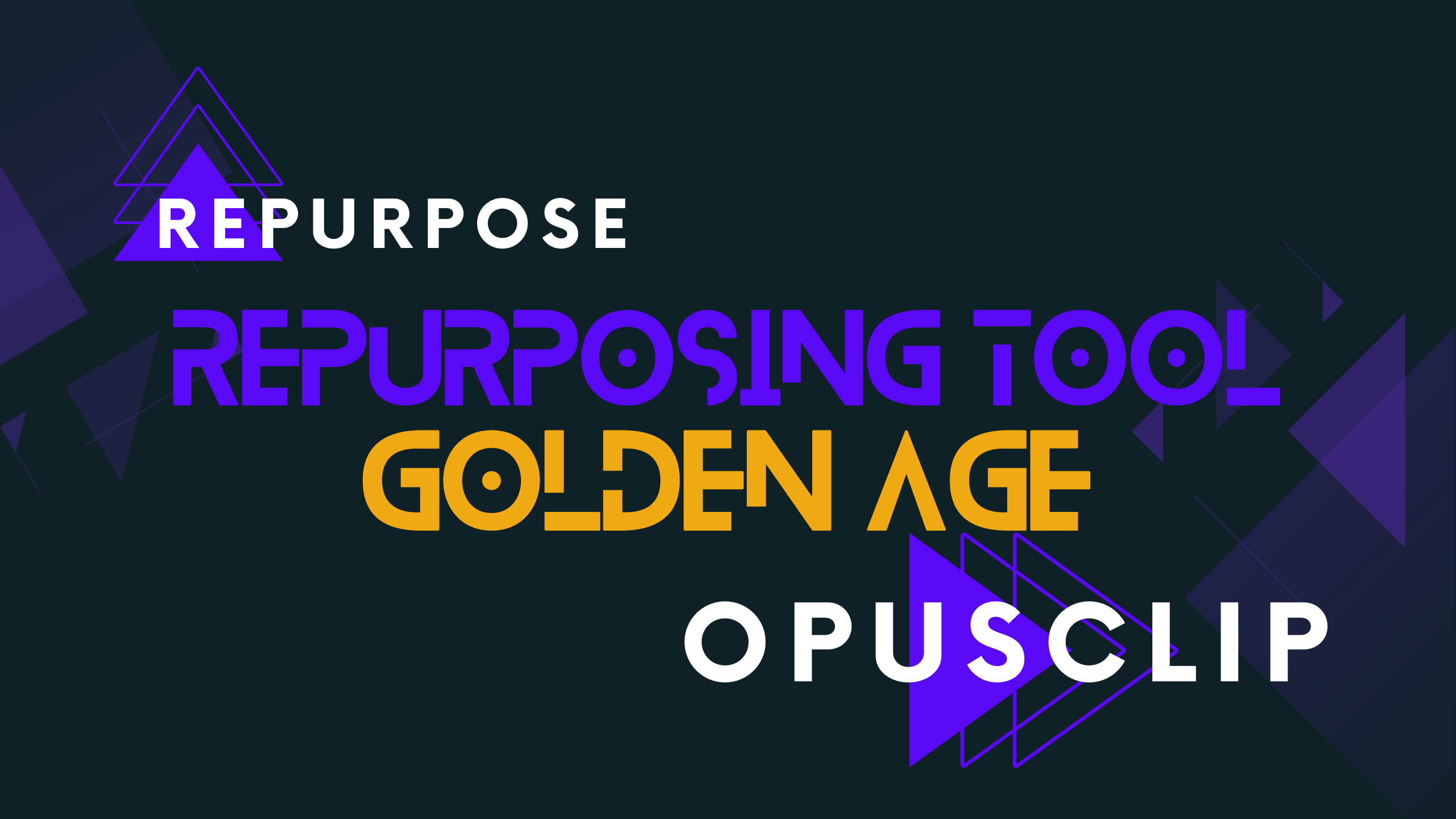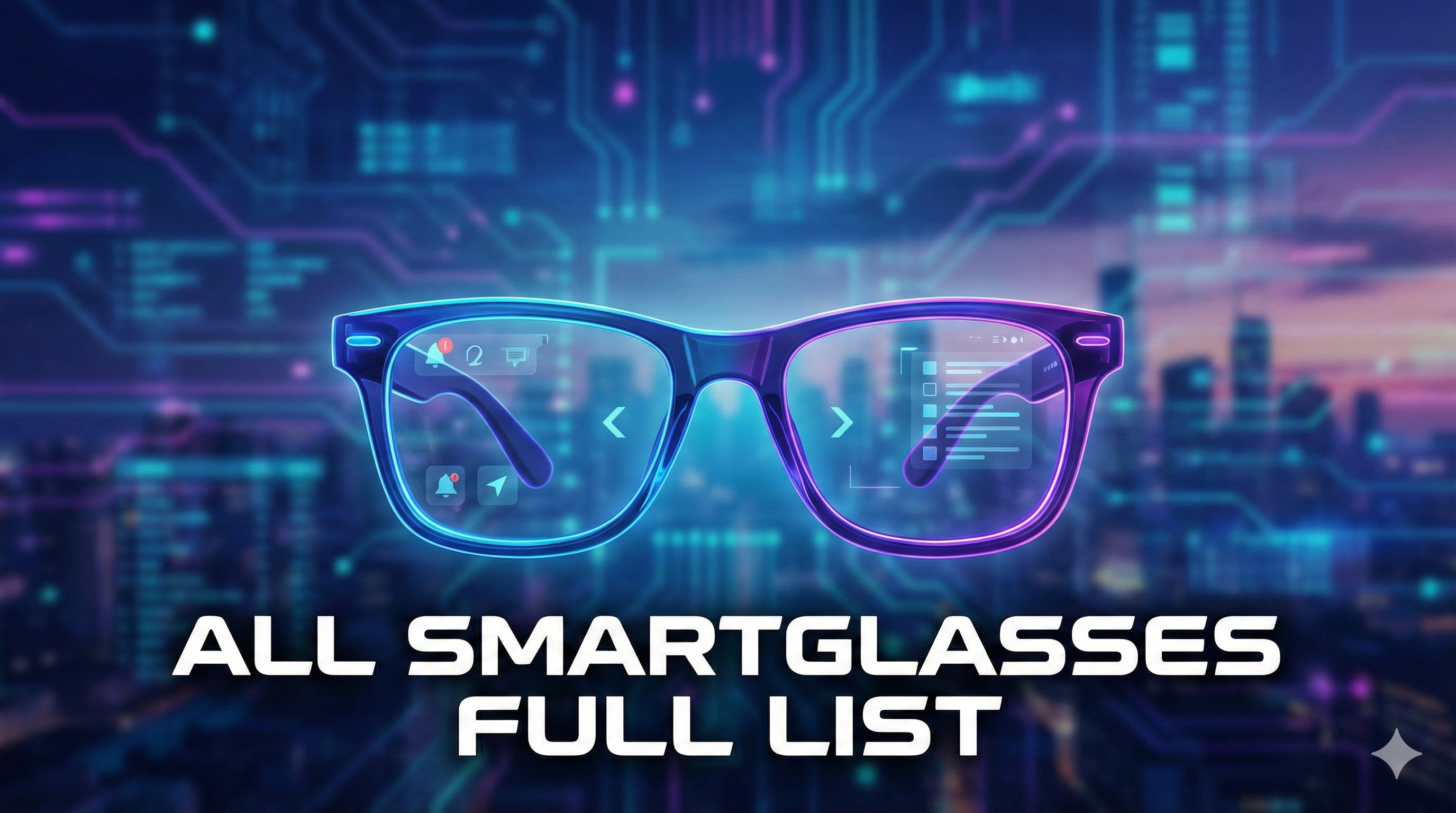I've experimented with any number of tools. In fact part of how I started this whole personal brand was because of trying out various different tools for my Modular Degree (now part of the PIOS).
From task management, project management, and now Knowledge management. I have tried practically all of the tools out there. I chose Obsidian (again actually), as it came to be the best tool to accomplish this goal.
The PIOS or PolyInnovation/Personal Innovation - Operating System. Is a methodology I came up with to organize my (or your) polymathic life.
Let's start off with WHAT is the PolyInnovation Operating System?
I created this PIOS framework to be the LIFE OS for Polymaths and Generalists. We don't need a second brain, but rather a POLY-brain.
Something that keeps track of all of our many endeavors or phases. I could also see this being great for a lot of neuro-divergent people as well.
Okay, so what is it? What makes it different? The system is a 6 folder structure, that builds down into each layer. I started it out with the idea of timetables:
- Yearly
- Quarterly
- Monthly
- Weekly
- Daily
- Hourly
Which gets really into the details there. It is MORE than the Macro OR Micro, but rather encompassing it all. I looked up where those terms come from, and they are part of a bigger scale.

- Supra
- Macro
- Meso
- Micro
- Nano
- Pico
While I still kept the timetables, what mattered most was the scale. In each layer you have an important aspect of your life. You need to be able to quickly get into it, and get out so you can switch to another layer if need be. I found myself getting stuck at some points with Notion. However Obsidian is fast enough that I don't need to worry about that as much.
The other difference is what you do in each layer. I needed to flesh out the templates more with complicated databases in order to use Notion. Whereas some functionality can be filled with just simple plugins in Obsidian.
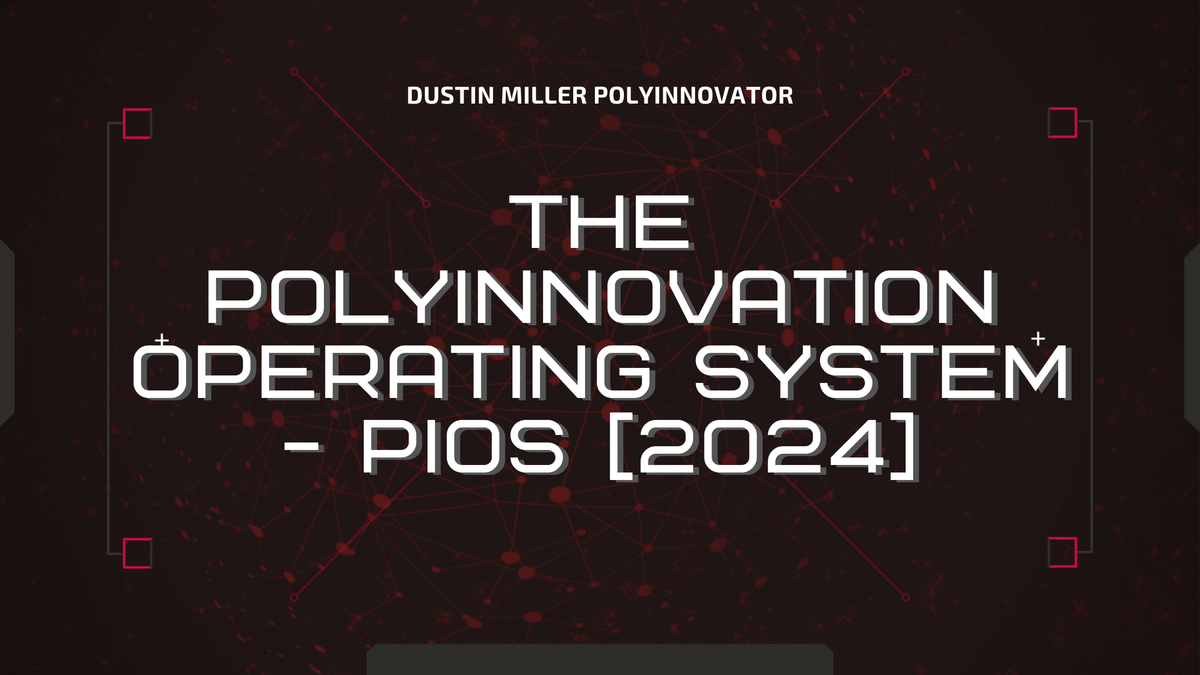
What is Obsidian?
It is a note taking tool. First and foremost. I've had debates with people online, like on Reddit, where they mention this to me. That it is a note taking tool, and is best to only be that. I disagree a bit, as it can be extended greatly.
While I may not care for its task or project management capabilities. The little that I do of that currently in Obsd is done quite well. I.e. Kanban plugin and the Day Planner to see tasks.
It is a local app that can be made to fit your needs if you explore the 1500+ directory of plugins. Which I have done a dozen times at this point. While popular plugins like Projects or Full Calendar have some purpose. I found that they don't work well. So I am still looking forward to a replace of those, so that I can fully replace the use cases of Notion.
However I have fully moved into it now.
What sort of things make it ideal?
From small things like the calendar:

There are number of small cals like this one, and a number of big cals. However the big ones just don't work besides Full cal and it lacks functionality. So I just stick to this small one.
Tracking my writing progress to help me finish my book finally:

The graph view helps you see the connections of your notes:

Finally, the reason why it is ideal is that you can make it however you like. There are some plugins that make it work more like Logseq, Dendron, or Roam. There are plugins that make it more of a project management tool (not perfect, but still).
It is also the fastest from what I have seen. There may be a few other local apps that are fast. However anyone I tried were at least slightly slower than OBSD (excluding logseq).
Great features and Missing features
Using plugins to fill in the gaps has made a huge difference. I feel that the layers of the PIOS fit even better into Obsd. While they were made for Notion at first, they are applicable to most PKM tools out there.
I thrived when using the Notion Calendar database view, and I look forward to the day that I can do something like that in Obsidian. Until then I'll make do, as the benefits in other areas greatly outweigh the issues.
Not only is it 10x faster, as I literally couldn't even work in my databases most days anymore in Notion. It lagged horribly (timestamp, this is 2024 at the time of writing), but it wasn't always that way. The speed difference is practically night and day.
I'm worried about the sync plugin, as I don't fully trust the 3rd party ones at this point. I almost lost all my data in Acreom due to sync, so I am trying to be careful. That is one thing about cloud based apps that was both a blessing and curse.
How does it compare to other tools?
I've mentioned a lot how it compares to Notion, but what about other ones? One that comes to mind for a lot of people is Logseq. While I've tried it a number of times, and I do like how minimal/clean it looks. It lacks a lot of the same functionality. Needing basically a different framework to really make use of that tool. The PIOS won't fit, as Logseq doesn't really use folders for example.
I've also tried Anytype and Affine, which are two newer local based tools. While the latter is a bit more close to a bridge of Notion + Obsidian. I found that both took a bit too much of a learning curve to really make it worth it.
I actually moved out of Obsidian last year, and into Capacities. As the object based note taking really caught my interest. I really wish we could do something like that in Obsd to be honest. The PIOS even somewhat fits into Capacities, despite not using a folder system.
However the poor performance and technical issues (like having to click 3 times just to get into a textbox) were too much to bear.
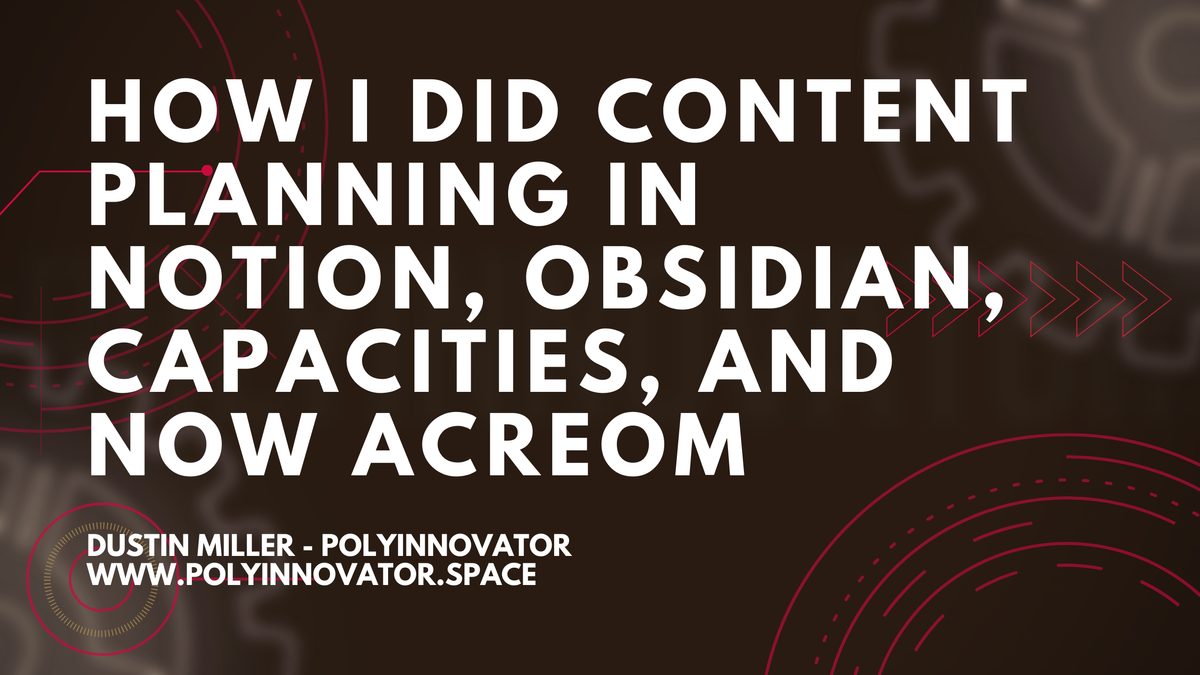
Why did I choose to move to BACK to Obsidian?
I spent a ton of time exploring other tools. I even created a tools directory website because I found so many. Some notable ones being Saner.ai, Reor Project, Lattics, and Acreom.
I had such a rough time in Acreom, it was the most latest one that I used. However having another local app that I used regularly made me miss how well I worked in Obsd. I found myself actually taking more daily notes, and now with the Journals plugin even doing weekly or monthly too.
I am able to build it the way I want it to be:

I wanted something that could be an ALL in One. This is the closest I could get to that, especially with Noteplan being Mac only. I'm really happy how this turned out, and it is even better than it was last year.
Wrapping up here. This post went through some changes before coming out. However I think the end result gives a clear picture of what can be accomplished if you set your mind on something.
I really want to have a base of data and notes, so that when personal AI gets even better. I'll have a headstart on being able to train it for my own work.
I think Obsidian is the best tool to do that!
Read more:
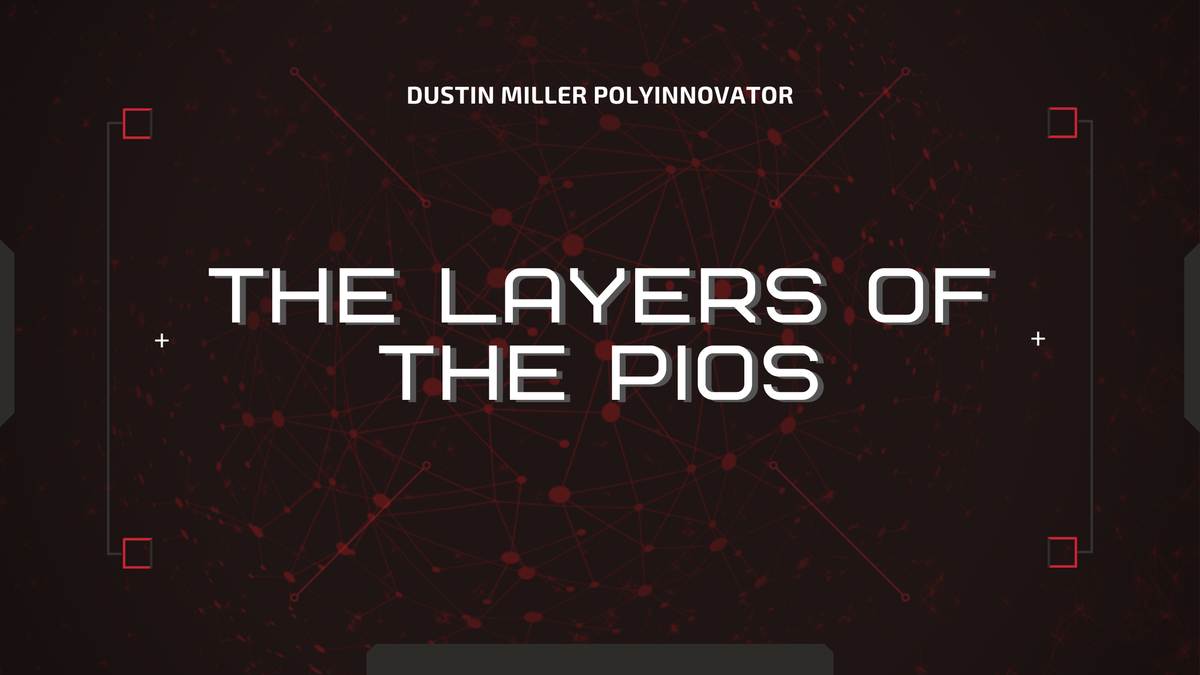
What is Acreom?
Now I only have this section as a historical context, and in case this tool is better FOR YOU. I originally was going to make this post into "Building a PIOS Brain in Acreom". However right around the time I started this post I fell out of love with the tool.
In fact I got really frustrated by three things, and I moved out of it, and back into Obsidian. I wanted three things going into Acreom:
- A calendar feature (with 2 way sync)
- A capable task management system built in
- Fleeting ideas capture feature
Now Acreom on paper had all three, but when I got in I was met with a sync issue that almost made lost half of my vault. The calendar feature was removed without telling anyone publicly (only in back channels), same with the 2 way sync, as it was now only 1 way (and the wrong way).
The task management didn't work for me at all, and that was the way they had it set up. I wanted all tasks to show up, and they didn't unless the page itself was a task which was weird.
And the fleeting ideas feature only worked for me 50% of the time. Now they DID fix it, and I have to hand it to them for that. However I trusted it so little that I didn't use it anymore. Thus this is the tool this post was originally going to be about. However it is still a fantastic tool... for certain people. You may be that person.
Now take this section with a grain of salt, as the product is still new, and they are actively developing the tool.

![Official Website for Dustin Miller PolyInnovator [LLC]](https://polyinnovator.space/content/images/2025/03/polyinnovator-logo-2024.png)

